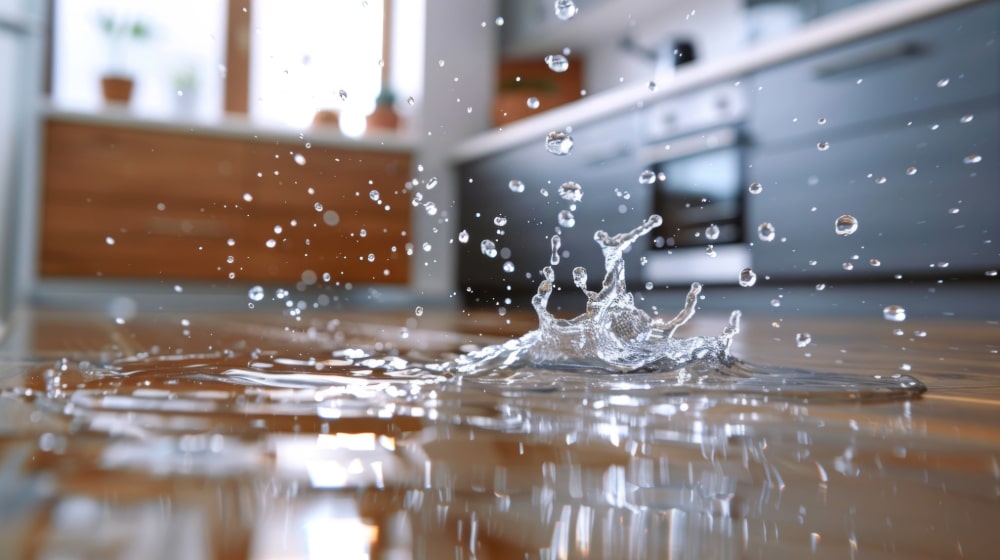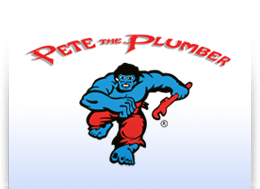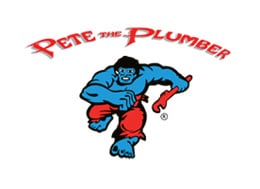
Undetected water leaks can silently damage your home, inflate utility bills, and lead to serious mould or structural issues. In Calgary, where freezing temperatures often put added stress on plumbing systems, even a small leak can escalate quickly—especially if it’s hidden behind walls or under floors.
Whether you’re dealing with a sudden drop in water pressure, unexplained moisture in your basement, or rising water bills, learning how to find a plumbing leak is essential. At Pete the Plumber, our licensed Calgary technicians specialize in leak detection and repair using a combination of hands-on expertise and advanced tools.
In this comprehensive guide, we’ll explain how to identify the signs of a hidden water leak, where to look, what causes leaks in Calgary homes, and when to call in a professional to avoid costly water damage.
Why Early Leak Detection Matters
Even a slow, steady leak can cause serious long-term problems. Over time, water damage can weaken structural framing, ruin insulation, damage flooring, and promote toxic mould growth. Left unchecked, a minor leak may lead to costly restoration work or even compromise your home’s safety.
This is especially true in Calgary, where water pipes are regularly subjected to freezing temperatures, high-pressure flow, and the wear and tear of hard water. Early detection can help prevent:
- Mould and mildew buildup
- Structural damage to drywall, ceilings, and flooring
- Rotting wood or framing
- Increased water bills
- Health issues related to damp indoor environments
Signs You Might Have a Hidden Leak
Water leaks aren’t always obvious. In many homes, they remain hidden behind walls or under flooring until signs of damage appear. If you notice any of the following warning signs, it’s worth taking a closer look:
- Unexpected increases in your water bill
- Sound of running water when no fixtures are in use
- Damp or warped floors
- Stains, bubbling, or discolouration on ceilings or walls
- Persistent musty or mouldy smells
- Low water pressure in faucets or showers
- Warm spots on the floor (often a sign of a slab leak)
- Cracks forming in your home’s foundation
If you’re seeing one or more of these issues, it’s time to start tracking the source of the leak.
Step-by-Step: How to Find a Water Leak at Home
Shut off all water-using fixtures and appliances in your home. Then, go outside and check your water meter. If the leak indicator is spinning—or if the numbers continue to rise after 15–30 minutes—it means water is still flowing through your system somewhere. This strongly indicates a hidden leak.
Use a flashlight to examine common trouble spots. These include:
- Under sinks and around faucet connections
- Behind or beneath toilets
- Around your water heater or boiler
- Basement plumbing and exposed pipe runs
- Washing machine and dishwasher connections
- Outdoor hose bibs and irrigation lines
Look for signs of corrosion, moisture, mineral deposits, or small puddles.
Toilets are a common and often overlooked source of water waste. To test, drop a few drops of food colouring or a leak detection tablet into the tank (not the bowl). Wait 20–30 minutes without flushing. If colour appears in the bowl, your flapper or flush valve is likely worn and needs to be replaced.
Calgary’s harsh winters can wreak havoc on outdoor plumbing. Check hose bibs, irrigation lines, and buried sprinkler systems for signs of water pooling, soggy soil, or low system pressure. These can all indicate a buried or cracked line.
Leak Prevention Tips for Calgary Homeowners
Once a leak has been located and repaired, prevention should become a priority. Here are some strategies to help protect your home moving forward:
- Install Smart Water Leak Detectors: These devices alert you in real-time if moisture is detected in critical areas.
- Insulate Exposed Pipes: Protect pipes in unheated spaces like garages, crawlspaces, and basements.
- Use Pressure-Reducing Valves (PRVs): These devices keep household water pressure in a safe range.
- Flush Your Water Heater Annually: Sediment buildup can lead to overheating and internal tank corrosion.
- Schedule Regular Plumbing Inspections: Annual checkups by Pete the Plumber can help detect and prevent leaks early.
- Replace Worn Fixtures: Don’t wait for parts to fail. Swap out old shut-off valves, hoses, and connectors proactively.
When to Call a Calgary Leak Detection Specialist
Some leaks are relatively easy to fix. But if you’ve gone through all the steps and still can’t find the source—or if the leak is hidden beneath concrete, inside walls, or underground—it’s time to call a licensed Calgary plumber.
At Pete the Plumber, we use professional-grade tools like acoustic listening devices, pipe cameras, pressure testing, and thermal imaging to find even the trickiest leaks without tearing your house apart. Whether it’s a pinhole leak under your basement slab or a damaged irrigation line in your yard, we’ll locate it quickly and recommend the most effective solution.
Call a Professional Calgary Plumber – Call Pete The Plumber
Water leaks won’t go away on their own—and the longer you wait, the more damage they can cause. At Pete the Plumber, we’re proud to offer fast, accurate, and non-invasive leak detection services throughout Calgary and the surrounding area. Our team of licensed plumbers is equipped with the latest diagnostic tools and backed by decades of experience solving leak problems just like yours.
If you suspect a leak, don’t ignore the signs. Contact Pete the Plumber today to book your inspection and get the problem fixed before it becomes a major repair. We’re here to keep your home dry, safe, and protected—one pipe at a time.

